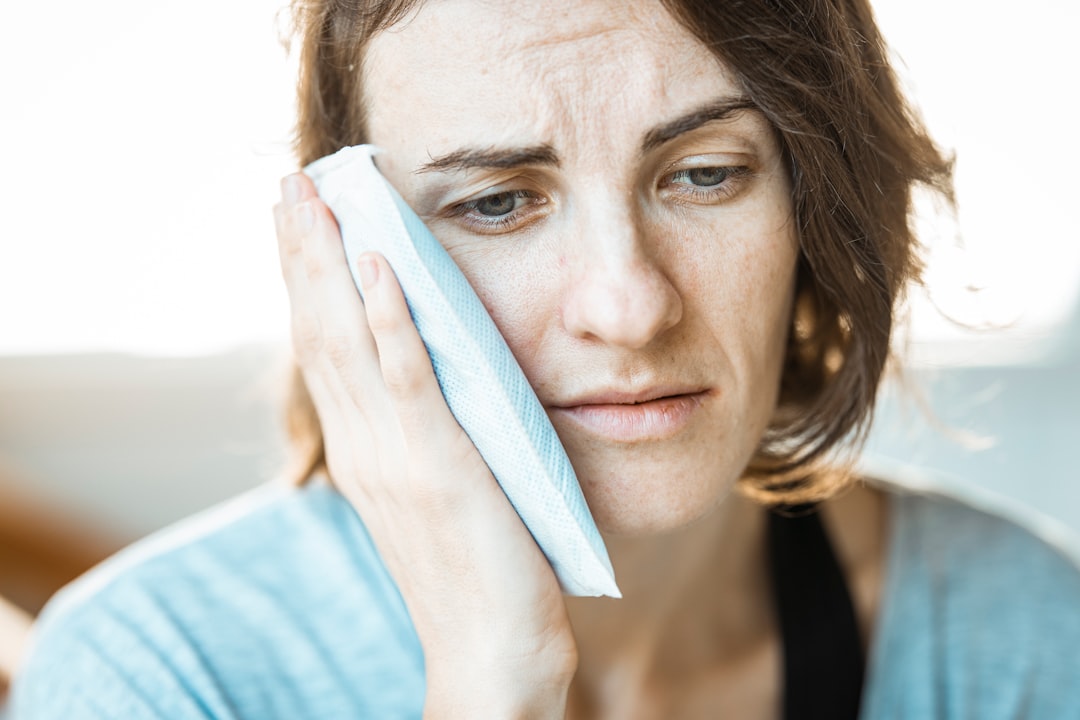The 10 Most Common Symptoms of Menopause You Need to Know: Your Essential Guide
Menopause is a natural and inevitable stage in every woman’s life, marking the end of her reproductive years. While it’s a universal experience, the journey through menopause can be highly individual, often accompanied by a range of physical and emotional changes. Understanding what to expect can empower you to navigate this transition with greater ease and confidence.


This comprehensive guide is designed to shed light on the 10 most common symptoms of menopause you need to know. Whether you’re in perimenopause (the transition leading up to menopause), full menopause, or simply want to be informed, knowing these signs can help you recognize what’s happening in your body and seek appropriate support.
Understanding Your Menopause Journey
Before we dive into the symptoms, let’s briefly clarify what menopause entails. Menopause is officially diagnosed after you’ve gone 12 consecutive months without a menstrual period. The average age for menopause is 51, but it can occur anywhere from your 40s to your late 50s. The period leading up to it, known as perimenopause, can last for several years, and it’s often during this time that many symptoms begin to emerge as hormone levels, particularly estrogen, start to fluctuate and decline.
These hormonal shifts are responsible for the vast majority of menopause symptoms. While some women experience mild or few symptoms, others find the changes significantly impact their quality of life. Knowing the 10 most common symptoms of menopause you need to know can help you differentiate between typical age-related changes and those specifically linked to this significant life transition.
The 10 Most Common Symptoms of Menopause You Need to Know
Here’s a detailed look at the symptoms most women encounter during their menopause journey:
1. Hot Flashes and Night Sweats
Perhaps the most iconic menopause symptom, hot flashes are sudden, intense feelings of heat that spread across the body, often accompanied by flushing, sweating, and a rapid heartbeat. They can last from a few seconds to several minutes and vary in intensity. When they occur during sleep, they’re known as night sweats, frequently disrupting sleep and leaving you drenched. These are primarily caused by fluctuating estrogen levels affecting the brain’s temperature regulation center. Learning managing hot flashes and night sweats can significantly improve your comfort.
2. Mood Swings and Irritability
Hormonal fluctuations can have a profound impact on brain chemistry, leading to emotional volatility. Many women report feeling more irritable, anxious, or experiencing rapid shifts in mood, from feeling perfectly fine to suddenly overwhelmed or tearful. While life stressors can contribute, the hormonal rollercoaster of perimenopause and menopause is a key driver. Understanding coping with menopause mood swings is crucial for emotional well-being.
3. Vaginal Dryness and Discomfort
A decrease in estrogen can lead to thinning, drying, and inflammation of the vaginal walls, a condition known as vaginal atrophy. This can cause discomfort, itching, burning, and pain during intercourse. These symptoms can be distressing but are very common and treatable.
4. Sleep Disturbances and Insomnia
Many women find their sleep patterns disrupted during menopause. This can be due to night sweats, anxiety, or simply the hormonal changes themselves impacting the body’s natural sleep-wake cycle. Insomnia, difficulty falling or staying asleep, and restless nights are frequently reported, leading to fatigue and reduced concentration during the day.
5. Brain Fog and Memory Lapses
Feeling like your brain isn’t as sharp as it used to be? Difficulty concentrating, forgetfulness, and a general “brain fog” are common complaints during menopause. While it can be alarming, these cognitive changes are usually temporary and not indicative of a more serious condition. Estrogen plays a role in cognitive function, and its decline can affect memory and focus.
6. Weight Gain and Metabolism Changes
Many women notice weight gain, particularly around the abdomen, during menopause, even if their diet and exercise habits haven’t changed. This is due to a combination of factors, including slower metabolism, changes in fat distribution influenced by hormones, and a natural decline in muscle mass with age. Managing weight during this period often requires adjustments to diet and physical activity.
7. Joint Pain and Stiffness
Aches and pains in the joints, muscles, and bones are frequently reported by menopausal women. Estrogen plays a role in maintaining bone density and lubricating joints, so its decline can lead to increased inflammation and discomfort. This can manifest as stiffness, particularly in the mornings, and general body aches.
8. Changes in Hair and Skin
Estrogen contributes to healthy skin elasticity and collagen production, as well as hair strength. As estrogen levels drop, you might notice your skin becoming drier, thinner, and less elastic, leading to more wrinkles. Hair can become thinner, more brittle, and some women experience hair loss or a change in texture.
9. Irregular Periods Leading to Cessation
This is often one of the first signs of perimenopause. Your menstrual cycles may become longer or shorter, heavier or lighter, and you might skip periods entirely. This irregularity continues until periods stop completely for 12 consecutive months, signaling menopause. These changes are directly linked to the fluctuating and declining ovarian function.
10. Anxiety and Depression
While mood swings are common, some women experience more persistent and severe feelings of anxiety or depression during menopause. The hormonal shifts, coupled with the emotional and physical challenges of this life stage, can increase vulnerability to these mental health conditions. It’s important to differentiate between temporary mood changes and clinical depression or anxiety, which may require professional help.
Beyond the Top 10: Other Important Symptoms to Watch For
While the above list covers the 10 most common symptoms of menopause you need to know, it’s worth noting that menopause can manifest in other ways too. Some women might experience:
- Breast Tenderness: Similar to PMS, but can be prolonged.
- Headaches/Migraines: Hormonal fluctuations can trigger or worsen headaches.
- Urinary Issues: Increased frequency, urgency, or susceptibility to UTIs due to thinning bladder tissues.
- Gum Problems: Increased sensitivity or bleeding gums.
- Reduced Libido: A common symptom linked to hormonal changes and vaginal discomfort.
Understanding Your Menopause Journey
It’s crucial to remember that menopause is a natural part of aging, not an illness. However, the symptoms can be challenging and significantly impact your quality of life. Knowing the 10 most common symptoms of menopause you need to know is the first step towards feeling more in control.
Every woman’s experience
